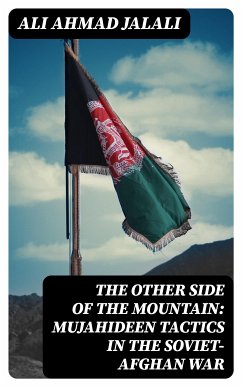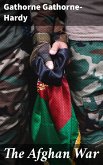In "The Other Side of the Mountain: Mujahideen Tactics in the Soviet-Afghan War," Ali Ahmad Jalali provides a meticulous examination of guerrilla warfare strategies employed by the Afghan Mujahideen against the Soviet forces during the 1980s. Jalali employs a descriptive and analytical literary style, drawing on both firsthand experiences and historical narratives to illuminate the complexities of this multifaceted conflict. The book situates the Afghan struggle within a broader context of Cold War dynamics, exploring military tactics, cultural influences, and the psychological resilience of combatants amidst adversity. Through detailed accounts and strategic insights, Jalali offers a compelling perspective on the intricacies of insurgency and warfare in mountainous terrain. Ali Ahmad Jalali, a former Mujahideen commander and Afghan military officer, combines his personal experiences with extensive research to craft a unique narrative of the Soviet-Afghan War. His insights are enriched by a deep understanding of Afghan culture and history, and his academic credentials, including significant contributions to military studies, lend gravitas to his analysis. Jalali's dual identity as a participant and scholar provides readers with a rare lens through which to view this critical period in Afghan and global history. This book is essential reading for scholars, military historians, and anyone interested in understanding the dynamics of asymmetric warfare. Jalali's thorough exploration not only sheds light on the past but also offers lessons relevant to contemporary conflicts. Readers will gain a deeper appreciation for the innovative tactics employed by the Mujahideen and their enduring impact on modern warfare.
Dieser Download kann aus rechtlichen Gründen nur mit Rechnungsadresse in A, B, BG, CY, CZ, D, DK, EW, E, FIN, F, GR, H, IRL, I, LT, L, LR, M, NL, PL, P, R, S, SLO, SK ausgeliefert werden.









